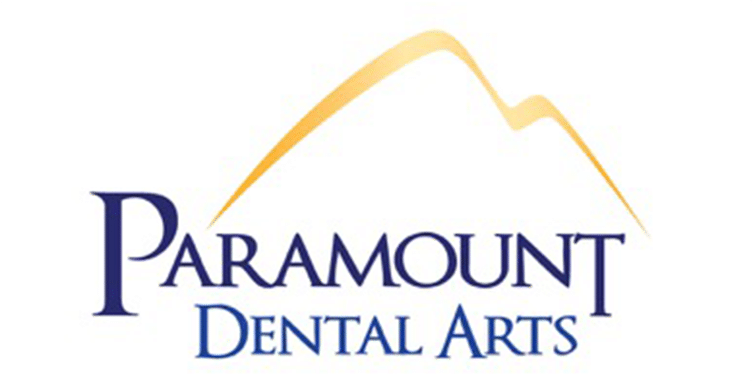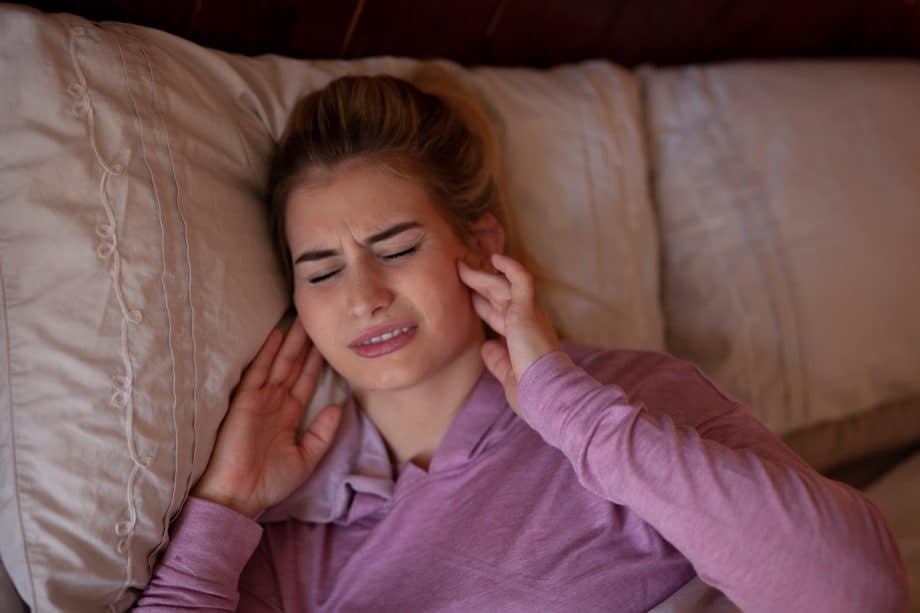TMJ disorders can cause painful and disruptive symptoms. Jaw, face, ear, and shoulder pain are common symptoms of these conditions. If you believe you have TMJ, you may not know where to turn for treatment and support.
Your dentist is the best place to start when searching for TMJ treatment. Dentists understand jaw and facial anatomy uniquely and can address the underlying issues that cause your pain.
What is TMJ?
TMJ stands for the temporomandibular joint. You have two of these joints, one at either side of your jaw. The joints connect the lower jaw (mandible) to the skull.
The temporomandibular joint is one of the most complex parts of the human body. It has a dual function as a hinge and a sliding joint, allowing the jaw to move from side to side, up and down, forward and back.
When this joint and the surrounding muscles are tense and inflamed, they can cause several uncomfortable symptoms that could interfere with your quality of life.
TMJ Symptoms
- Jaw pain and tenderness
- Pain that spreads to the face, ear, or shoulder
- Painful chewing
- Jaw locking
- Clicking or grating jaw sounds, accompanied by pain
Possible Causes of TMJ
Several conditions contribute to TMJ symptoms, but the exact cause may not be clear. One of the most common causes is tension from clenching the jaw.
Other causes may include arthritis in the temporomandibular joint, disc displacement or erosion, and traumatic injury such as a car accident. Habitual teeth grinding (bruxism) may also contribute to TMJ symptoms.
Treatment Options
Diet Changes
When your TMJ flares up, try to adhere to a softer diet. Chewing hard, crunchy, or tough foods could further inflame your joints.
Stress Reduction
Reduce stress as much as possible. To ward off stressed emotions, you may want to practice yoga, meditation, or regular exercise.
Avoid Wide Jaw Movements
Do not sing loudly, yawn widely, or yell while your TMJ bothers you.
Oral Appliance Therapy
Your dentist can prescribe a custom-made night guard to help keep your jaw relaxed at night and prevent damage from teeth grinding.
Frequently Asked Questions About TMJ
What is the connection between stress and TMJ?
Many dentists prescribe stress reduction as a non-invasive treatment for TMJ disorders. Stress and TMJ often go hand in hand because distressed people frequently clench or grind their teeth. They may also have poor posture, exacerbating neck and shoulder pain.
Do I need treatment if my jaw clicks and pops but doesn't hurt?
Jaw sounds unaccompanied by pain generally do not lead to TMJ. However, call your dentist for assistance if you hear a clicking or grating sound with pain.
Call Paramount Dental Arts
If you have any of the above symptoms, you know how TMJ can adversely affect your quality of life. While some cases of TMJ will go away on their own, your dentist has effective treatment methods to ease your pain. Please call our Clifton, NJ, office at 973-777-1772 to schedule your appointment today.

